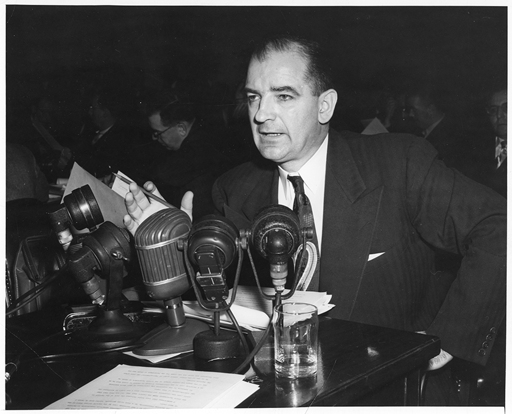I am not generally in the habit of criticizing the editorial decisions of The Washington Post, my employer for 11 years and an institution that continues to good, important work in covering the unwinding of American democracy. But I think the paper’s assessment of the putative debate over Donald Trump’s signature on the note provided for Jeffrey Epstein’s 50th birthday demands some context.
The article’s original headline was “No clear answers on whether Trump signed the Epstein birthday book,” a declaration that was eventually softened to “Is the signature Trump’s? Epstein birthday book feeds speculation.” The article first presents the denials of Trump’s staff and allies that he couldn’t have signed the bizarre, creepy, suggestive document. It then quotes handwriting experts, some of whom who indicated uncertainty about the signature’s provenance. A number of full signatures of Trump’s are shown in an apparent effort to demonstrate variation.
The use of full signatures doesn’t make sense because the signature in the book — created in 2003, before Epstein was on law enforcement’s radar — includes only Trump’s first name. The New York Times compared that signature to other examples of Trump signing only his first name, showing that they are nearly identical. In fact, the Wall Street Journal, which originally reported on the note, also published an article demonstrating why the note was almost certainly from Trump, including similar first-name-only signatures from the now-president.
The Journal did so, it’s safe to assume, because its initial report on the letter was rejected as invented or “fake news” by Trump et al. (Trump even sued, claiming, in part, that no such letter existed.) In other words, it probably assumed that publication of the note would trigger precisely the response that it did, an effort to move the goalposts of claimed fraudulence.
There is absolutely no reason to think that the note was not, in fact, from Trump and no reason to think that the signature is not his own. Even setting aside the obvious-to-any-layperson similarity to other signatures, the idea that someone would create a phony Trump letter as a private gift to someone Trump had praised publicly the year prior doesn’t make any sense.
So why treat the idea that the signature isn’t his seriously? Why treat the assertions of people with demonstrated track records of lying on Trump’s behalf — including Trump, his communications team and right-wing influencers — as offering sincere complaints on this particular issue? Why grant them the benefit of the doubt that they actually think the signature isn’t his?


